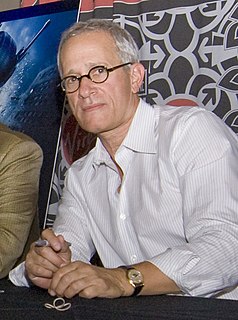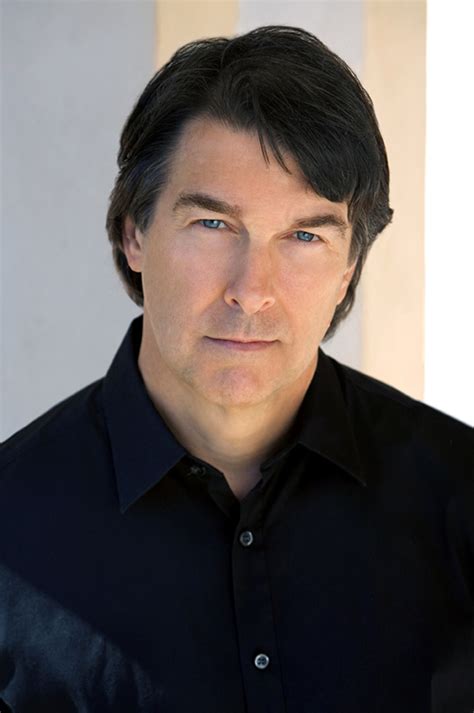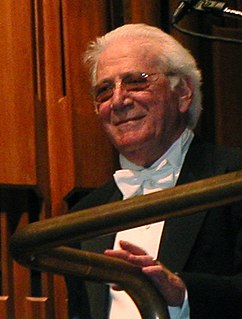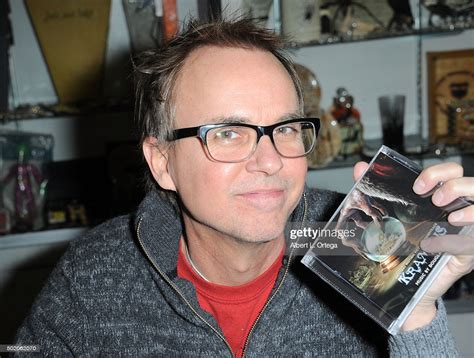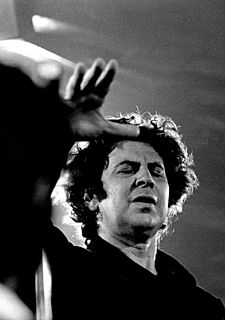A Quote by James Newton Howard
The colors of 'The Nutcracker' ballet score have become a part of the vocabulary of film music. It's where so much of the 19th-century romantic music that I call upon as a film composer is rooted.
Related Quotes
I was playing in a band and was approached to score an independent film. I had never done it, but had written instrumental music, so I figured I could do it. Turns out I loved scoring the film, and took on another couple films before realizing that if I was to be an effective narrative composer, I should study the craft of composition. I stopped taking projects and got a degree in orchestral music composition, and followed that with film scoring studies. Near the end of my degree studies, I started taking on student films as a way to get back into film scoring.
